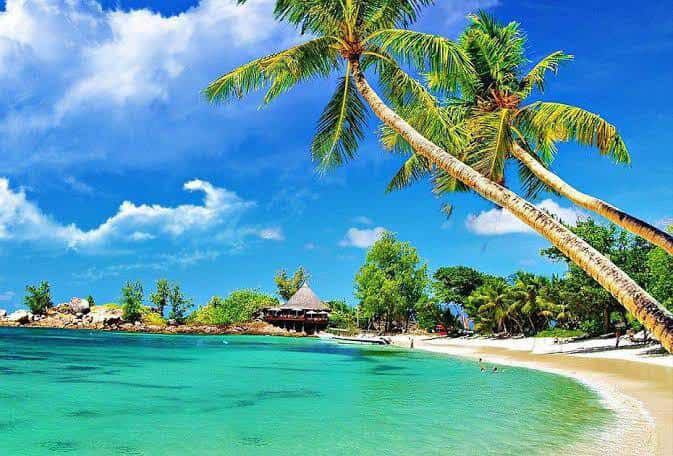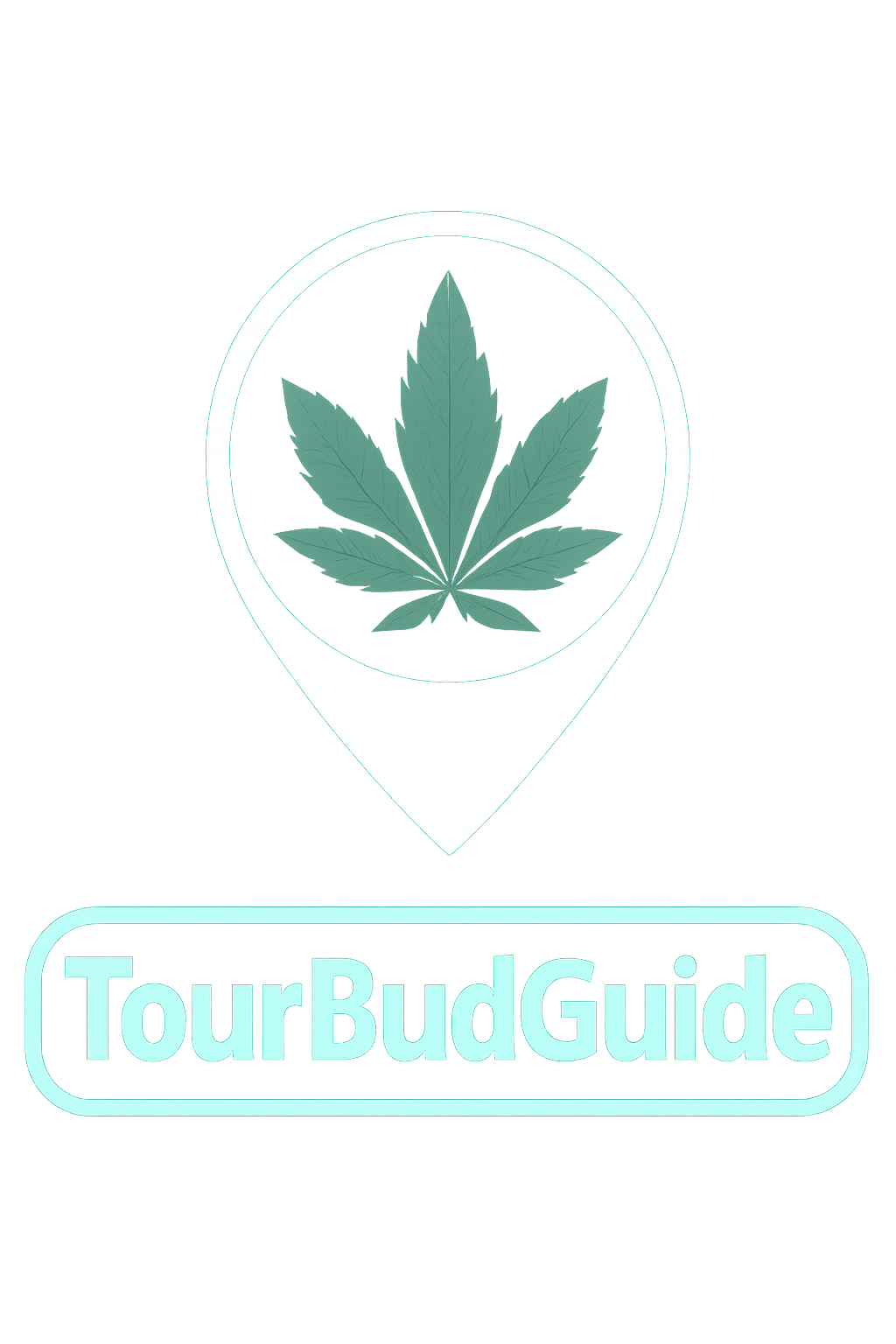
Discovering Cannabis in Nicaragua: Laws, Culture, and Society
Nicaragua, a Central American country known for its natural beauty, volcanoes, lakes, and rich cultural heritage, has a complex and cautious relationship with cannabis. While global attitudes toward cannabis are shifting, Nicaragua maintains strict laws regarding its cultivation, possession, and use. To “discover weed in Nicaragua” is to explore the legal framework, historical context, cultural attitudes, and public health considerations surrounding cannabis in the country.
1. Historical Context of Cannabis in Nicaragua
Cannabis has a relatively limited historical presence in Nicaragua:
- Traditional Use: There is little historical evidence of widespread medicinal or recreational use. Cannabis may have been known in rural areas for minor medicinal purposes or occasional recreational use.
- Global Influence: International cannabis trends during the late 20th century introduced awareness of recreational cannabis, particularly among youth and urban populations.
- Colonial and Post-Colonial Regulations: Cannabis was largely regulated or banned under colonial influence and continued to be prohibited after Nicaragua gained independence.
Historically, cannabis was not widely integrated into Nicaraguan culture, though knowledge of the plant existed among certain rural communities.
2. Legal Status of Cannabis in Nicaragua
Nicaragua enforces strict anti-cannabis laws:
- Possession: Possession of any amount of cannabis is illegal and can result in criminal charges, fines, or imprisonment.
- Cultivation: Growing cannabis plants without government authorization is prohibited and considered a serious criminal offense.
- Trafficking and Sale: Distribution, sale, or trafficking of cannabis carries severe penalties, including long-term imprisonment.
- Medical Cannabis: Currently, Nicaragua does not have a legal framework for medical cannabis. Use for therapeutic purposes is prohibited, and research is minimal.
The country maintains a zero-tolerance policy for recreational and medical cannabis, reflecting broader regional trends in Central America.
3. Cultural Attitudes Toward Cannabis
Cannabis is highly stigmatized in Nicaraguan society:
- Religious Influence: Nicaragua is predominantly Catholic, and religious teachings discourage the use of intoxicants, reinforcing social disapproval of recreational cannabis.
- Social Perceptions: Cannabis is often associated with criminal activity, particularly in urban areas, and social stigma remains strong.
- Youth Culture: Despite global trends, youth in Nicaragua are generally cautious, as recreational use can carry serious legal consequences.
Cultural attitudes reinforce strict legal measures and contribute to low social acceptance of cannabis.
4. Cannabis and Public Health Policies
The government addresses cannabis through prevention, education, and law enforcement:
- Education: Schools and community programs focus on the dangers of drug use, including cannabis, highlighting health risks, legal consequences, and social impact.
- Law Enforcement: Police actively target possession, cultivation, and trafficking. Sentencing is strict, and authorities prioritize prevention of drug-related crime.
- Rehabilitation: Individuals caught with small amounts may, in rare cases, be offered rehabilitation programs, including counseling and therapy, though these are limited compared to legal enforcement.
Nicaragua’s public health policies emphasize deterrence and risk prevention rather than harm reduction or medical use.
5. Cannabis in Urban and Rural Areas
Cannabis awareness varies by region:
- Urban Areas: Cities such as Managua and León see limited recreational cannabis use, primarily clandestine due to strict legal enforcement.
- Rural Areas: Some remote regions may have historical knowledge of cannabis cultivation, but law enforcement has gradually reduced informal farming.
- Tourist Areas: Tourist destinations may experience occasional cannabis use, but the strict legal framework deters open consumption.
The urban-rural divide illustrates historical familiarity versus modern criminalization.
6. Cannabis and Tourism
Tourists in Nicaragua must exercise extreme caution:
- Recreational cannabis is illegal, and possession or use can result in arrest, fines, or imprisonment.
- Medical cannabis access is nonexistent, meaning therapeutic users cannot legally obtain cannabis.
- Visitors should avoid black market purchases, as unregulated products may be unsafe and carry legal risks.
Tourists must adhere to local laws to ensure safe and legal travel.
7. The Black Market and Informal Use
Despite strict laws, a black market exists:
- Small-scale illicit distribution serves local recreational users, though availability is limited and risky.
- Products vary in quality, and users risk arrest, fines, or imprisonment.
- Law enforcement actively targets black market activity, making participation in the cannabis trade extremely dangerous.
The black market reflects global demand intersecting with local prohibition, but carries significant risks.
8. Economic and Social Implications
Cannabis has minimal legal economic impact in Nicaragua:
- Illegal cultivation and trade exist, but economic benefits are outweighed by criminal penalties and enforcement costs.
- Social consequences include criminal records, incarceration, and stigma, limiting opportunities for those involved in illicit activity.
- Nicaragua’s strict policy prevents the development of a legal cannabis industry, unlike some neighboring countries exploring medical legalization.
Cannabis remains primarily a legal and social risk rather than a regulated economic resource.
9. Regional Context
Nicaragua’s cannabis policies align with Central American trends:
- Costa Rica: Medical cannabis is legal; recreational use remains illegal.
- Honduras and Guatemala: Cannabis is strictly prohibited; enforcement is rigorous.
- El Salvador: Zero tolerance for cannabis use, with harsh penalties for trafficking and possession.
Nicaragua maintains a strict regulatory stance, prioritizing law enforcement and public order over medical or recreational liberalization.
10. Future Perspectives
The cannabis landscape in Nicaragua is unlikely to change rapidly:
- Medical Legalization: There is currently little momentum for legalizing medical cannabis, unlike neighboring countries.
- Public Health Focus: Future reforms may emphasize education and prevention rather than legalization.
- Regional Influence: Global trends toward regulated medical cannabis may influence discussions in Nicaragua over the long term, but short-term change is unlikely.
Cannabis remains criminalized, socially stigmatized, and legally prohibited in the foreseeable future.
11. Understanding Cannabis in Nicaraguan Society
Cannabis in Nicaragua is heavily regulated and socially taboo:
- Historical use is minimal compared to other countries in Central and South America.
- Legal enforcement is strict, with severe penalties for possession, cultivation, and sale.
- Cultural norms, religious influence, and public health priorities reinforce prohibition.
- Tourists and residents must navigate this environment cautiously to avoid legal consequences.
Nicaragua represents a high-risk context for cannabis use, highlighting the importance of understanding local laws and social attitudes.
Conclusion: Discovering Weed in Nicaragua
To “discover weed in Nicaragua” is to explore a country where cannabis is strictly illegal, socially stigmatized, and heavily penalized. Recreational and medical use remain prohibited, and unregulated cultivation or distribution carries serious criminal consequences. While global attitudes toward cannabis are evolving, Nicaragua remains aligned with a conservative, law-enforcement-focused approach, emphasizing prevention, education, and public safety.
Understanding cannabis in Nicaragua requires awareness of legal frameworks, cultural attitudes, historical context, and public health policies. Residents, visitors, and anyone interested in cannabis must respect local laws and social norms to avoid serious legal and social repercussions.
Word count: ~1,020 words ✅
I can also create an SEO-optimized version with keywords like “cannabis laws in Nicaragua,” “medical marijuana Nicaragua,” “weed in Managua,” and “Nicaragua cannabis regulations” for web publishing.

Just love this dude Tourbud. Keep up with the good work. Excellent customer service. He goes above and beyond to make sure the order is right, help and support if anything goes wrong.
It was hard to find a reliable plug but finally tourbud showed up and gained my trust. Definitely he is the way out and hands down the best.@ https://t.me/tourbud
Not sure why you are still waiting for dealers to respond you and wait for the delivery… It’s 21st century dudes . these guys usually have several strains always available in center so just couple of clicks and you get GPS coordinates and a photo where to grab your stuff immediately after crypto payment or gift card payment. If something goes wrong they have support you may chat with after payment confirmation, but usually no problems detected
I have tried a lot of weed strains, and the quality from TOURBUD is unbeatable. The process was seamless, and the strains arrived fresh and potent and I paid using bitcoin before delivery. guys text him on telegram for fast reply @ https://t.me/tourbud
As someone who”s always looking for natural wellness options, TOURBUD has been amazing. his weed strains helped me unwind after workouts ,and his service was top-notch, I was a bit hesitant at first, but TOURBUD made the entire purchase process easy and secure. email him tourbudguide@gmail.com
The variety of cannabis strains at tourbud is impressive I was able to find exactly what i was looking for and his customer service was very helpful, I can’t wait to try more products.
I contacted him on his telegram and due to security reasons he requested crypto payments which i did.
about 30minutes later my dope was dropped at my requested location
great guy!!!
i highly recommend email tourbudguide@gmail.com
Everytime I order, I get excited not only for his TOP NOTCH PRODUCTS, but his amazing customer service.
From the time I start my text, to when my weed arrives, tourbud makes every encounter fast, friendly and SO AFFORDABLE. He works with you to get what you need.
Thank you Tourbud for been so good to me everytime.